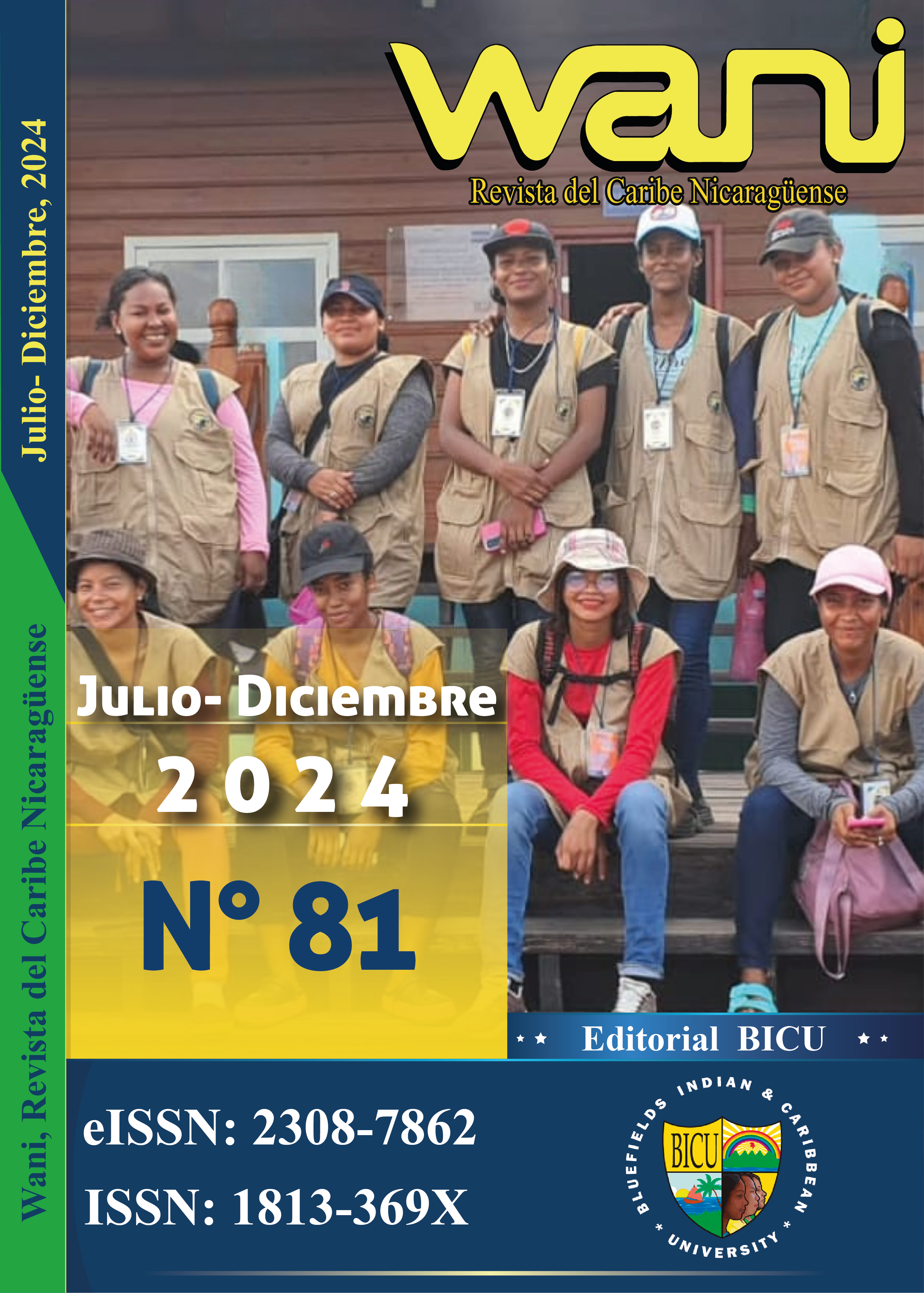Machine learning-based model for estimating mortality risk in patients with traumatic brain injury, Ethel Kandler Hospital
DOI:
https://doi.org/10.5377/wani.v1i81.18462Keywords:
Brain, algorithms, predictionAbstract
Artificial Intelligence and medicine have found various points where they converge, changing the concept of health. Among the problems of immediate attention is Traumatic Brain Injury (TBI), which constitutes an important public health problem in all countries; every day in the world, about 16,000 people die from trauma. This study aims to develop a Machine Learning-based model to estimate the probability of mortality risk in patients with TBI. The project was developed at the Ethel Kandler Hospital of the Corn Island municipality of the South Caribbean Coast Autonomous Region under the SCRUM methodology, which allowed continuous feedback on the proposed model. The Machine Learning algorithms selected for the construction of the model were the Random Forest and K-NN, the dataset for the initial model was the CRASH-2, and all analysis and processing were done in Python. The model has been shown to be able to predict with acceptable accuracy the probability of mortality in patients with TBI. However, Random Forest performed better; on average, it was 87.06% effective, while K-NN was 77.87%. The results were promising, and the study offers an encouraging prospect for the development of future Machine learning-based prediction models. Importantly, this model is complementary to clinical decision-making and should not replace clinical judgment.
Downloads
250
Downloads
Published
How to Cite
Issue
Section
License
Copyright (c) 2024 Bluefields Indian and Caribbean University

This work is licensed under a Creative Commons Attribution-NonCommercial-ShareAlike 4.0 International License.




